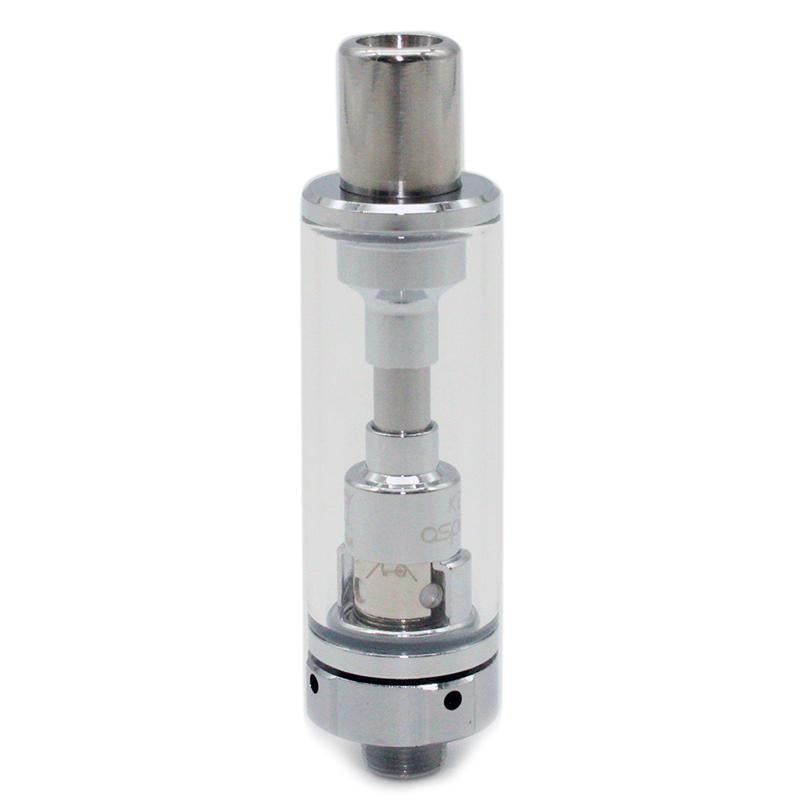In October 2017, the Science and Technology Committee launched an inquiry into e-cigarettes. Led by Lib Dem MP Norman Lamb, the committee aimed to determine whether vaping is becoming a gateway to smoking addiction, if it is addictive to its users, as well as establish its short and long-term health risks.
Last August, after 10 months of examining written and oral evidence from various stakeholders, MPs have concluded that there is overwhelming scientific evidence that backs up the benefits of e-cigarettes.

Recommendations
Although vaping was shrouded in controversy and plagued by misconceptions when it was first introduced to the UK, many lawmakers are now urging the government to relax vaping rules, in the light of all the new evidence on how it is helping huge numbers of smokers to quit.
The committee’s three-part recommendations include:
1. Reducing Harm
There is a growing body of literature that proves e-cigarettes are less harmful than conventional cigarettes.
In fact, the Public Health of England (PHE) says that vaping is 95% less harmful than smoking and has a negligible risk to bystanders. The committee found that e-cigarettes do not have tar and carbon monoxide—two components produced during combustion that are much more dangerous to both smokers and second-hand smokers.
While there is a gap in independent research proving that ‘heat not burn’ products are better, the vaping process is still 90% less harmful than smoking. Although vaping also produces nicotine, it does so without the need for combustion.
Uncertainties will continue to hound vaping, given that it’s only been in the market for a decade. In light of this, the committee recommends:
- More long-term studies to be conducted. Despite the research gap, however, the committee maintains that the risks of smoking far outweighs that of vaping—even going so far as saying that if quitting altogether is not possible, then switching to e-cigarettes is a much better alternative.
- The government should continue its annual ‘evidence review’ on e-cigarettes and other ‘heat not burn’ products. Filling the gap for long-term studies should also be done, together with the help of PHE and the Committee on Toxicity of Chemicals in Food, Consumer Products, and the Environment.
These annual reviews are encouraged to be made available to the public via an online hub, as well as including stakeholders other than the tobacco industry and e-cig manufacturers in the process.
2. Smoking Cessation
There is no strong evidence that proves vaping leads to conventional smoking. In fact, in the 2.9 million vape users in the UK currently, more than half of them are ex-smokers. Even the perceived risk of flavour variety attracting young non-smokers to take up vaping is also found to be negligible.
The committee then recommends the following:
- A medically-licensed e-cig user should assist medical professionals to help a smoker quit the habit. This way, it would be easier to claim how effective it is, which is currently prohibited by law.
- The government is also urged to review with the MHRA, as well as the e-cig industry, how to streamline the process of using vaping as a smoking cessation therapy.
- Recommend the use of e-cigarettes to patients in mental health units, as those with mental health issues are found to smoke more than others. Vaping has a two-fold benefit for them: help them to stop smoking, and allow them to participate in the facility’s activities (given that there is no need to leave the room when vaping).
- The NHS is encouraged to lift their ban on e-cigs, which is currently in effect in three-quarters of their mental health trusts. The committee points out that the NHS is mistaken in thinking that second-hand vapour is detrimental to one’s health. They also called for the NHS to review their policies on e-cigarettes in their mental health facilities.
- Change public perception of e-cigarettes, as currently, it is treated similarly to combustible cigarettes. Vapers should not be forced to go to ‘smoking shelters’, as it will undermine their efforts to quit smoking. On top of that, there is no evidence that second-hand vape can affect one’s health. The committee, of course, recognises that the public would have to accommodate vapers in the short term.
3. Regulation
In terms of regulations, MPs are strongly encouraging legislators to loosen restrictions on vaping, especially after Brexit. Current UK laws follow EU Directive on e-cigarettes, which includes banning its advertisement, strict labelling, and controlling the amount of nicotine per millilitre.
The committee, however, believes that all these hold back e-cigarettes as a viable option for smoking cessation.
For one, limiting nicotine strength means vapers would need to puff harder, which might turn heavy smokers off from vaping. Secondly, restricting tank sizes has no scientific basis. Prohibiting e-cig manufacturers from claiming that their products can help with smoking cessation means limiting the options for a lot of smokers.
As such, the committee recommends:
- That the ASA and MHRA review regulatory anomalies and the EU directives and then publish their findings in the next Tobacco Control Plan.
- Taxation should directly correspond to the level of health risk that a smoking-related product presents. If this pushes through, e-cigs would be the least taxed.
- The government should review current legislation, especially in light of Brexit, which includes regulations, taxation, and advertising. The committee also encourages that these decisions should be based on scientific evidence.
Public Reception
The MPs’ findings are in stark contrast to other countries’ regulations. Australia continues to ban e-cigarettes completely, while the US is concerned about vaping’s long-term risks and effects on minors.
While the EU continues its limits on size, strength, and e-cig advertising, the UK is much more open to vaping. Every year, the number of vapers grow, while the number of smokers declines.
Action on Smoking Health (ASH) found that current smokers use e-cigs to cut back on their tobacco intake. Another study by the Cancer Research UK found that nicotine level in vapers is the same as those with smokers sans the harmful components, making it a viable alternative. The Royal College of Physicians echo these findings with their own study.
However, despite the scientific studies both short and long-term, conclusions of the inquiry still drew flak. It has been criticised to be only taking evidence from vaping lobbyists, big tobacco, and pro-e-cig users, despite numerous experts cautioning the public about vaping’s long-term health impacts.
ASH, on the other hand, welcomes the committee’s findings, adding that prescribing vaping can help those in low-income brackets as well as those with high levels of addiction.
We, at Superior Vapour, also welcome this positive development in the vaping industry. If this is your first time to vape or you are looking into this as a way to quit smoking cigarettes, email us at info@superiorvapour.com or call us on 01179 669309. We’ll help you look for the first vaping kit that would fit your preferences.



















